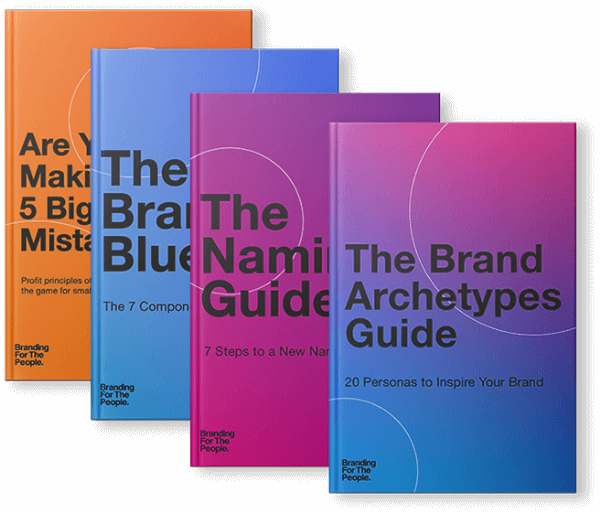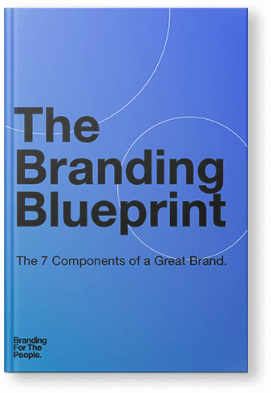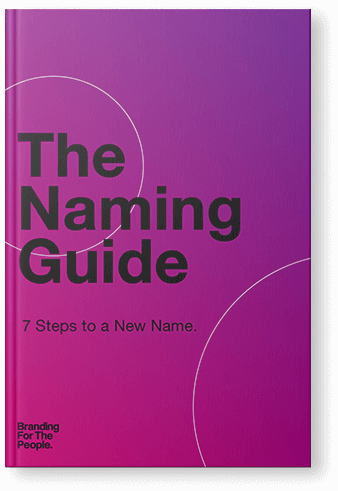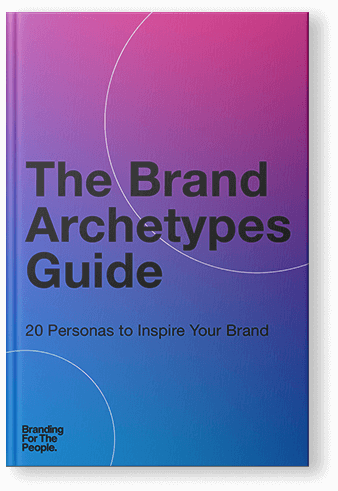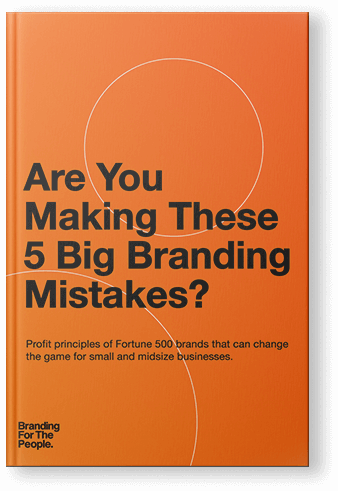Hold on, before you say yes! Is that brand partnership right for you?
How many times has another person hit you up for some sort of partnership? Is it a good fit for you? Brand partnerships seem like great ideas, but how do you know whether or not they will help you? Here are some suggestions for navigating those propositions.
What is a brand partnership?
In our view, a brand partnership is a relationship between your brand and another. Typically, a brand partnership seeks an outcome, whether it’s exposure, influence, or revenue. These relationships can be formal with some sort of contractual obligations or more informal with a good old-fashioned handshake.
Some examples:
- Affiliate. These tend to be informal arrangements among 2 or more brands, such as an online “summit” where brands come together to share contacts and content as a way to build their audience reach.
- Sponsorship. Think of big ticket events, whether golf tournaments, art fairs, business conventions, or music festivals. Often, 1-2 brands will serve as a formal “sponsor” in exchange for prime ad placement or visibility. Coliseums and stadiums are often sponsored by a brand in exchange for naming rights.
- Referral. These can be formal or highly informal, and are often used by brands that agree to mutually promote each other, whether through cross-selling or offering discounts on the partner’s goods and services. A more formalized version of these might be preferred partners where one brand actively promotes another through exclusive deals and offers.
How do you know which brand partnership is best for you?
Questions to consider:
Why am I partnering? What is my goal?
What is the motivation to partner? Does you need access to a bigger audience? Are you seeking entry into a new market? First identify your goal. Are you seeking a bigger contact list? Do you want to find cross-selling opportunities? Do you want more exposure for your brand? Your ultimate reason for entering into a partnership will determine what form it should take. If you simply want a bigger contact list, then an informal summit may work better than cross-promotions on other websites.
Do the other brands align with mine?
Consider the other brand that seeks a partnership. Does it share the same message? Does it have a similar or complementary perception to yours? Remember the problems that several brands experienced when their ads unknowingly appeared on Breitbart’s website? The same issue applies with brand partnerships: any relationship between your brand and others will have some influence over the perceptions and feelings around your brand. Does this help or hurt? Does it further the story you want to tell? Are you fully aware of consumer perceptions of your potential partners?
Does the brand partnership serve mutual goals?
Not all partnerships are created equal. Are your goals mutual? Do your goals support each other, or work in opposition to each other? Does one side benefit more than another? Are you really getting more exposure, or is the other brand using you to promote itself without a benefit on your end? Don’t agree just to any “networking” or “referral” site without doing a little homework.
Am I the target audience for the other brand?
Are you a consumer for the other brand? Would you be? If not, then question whether or not the arrangement is a fit. Otherwise, you’ll support a brand that you wouldn’t use. That inauthenticity will eventually appear and make your own brand sound hollow.
Is my target audience also their target audience?
YOU might be a consumer for the other brands, but what about your target audience? Are they a fit for the other brands? Would a Naked Juice consumer be a target audience for Red Bull? Unlikely, which is why you’ve probably not seen those brands in a partnership. Don’t forget to consider the other nefarious side of the coin: are you introducing your target audience to a competitor? Would Coca-Cola partner with Pepsi? Is the other brand attempting to poach your fan base?
Does the relationship elevate or detract from my brand?
This goes to the relationship itself. Even if your brands are in alignment, does the arrangement support or hinder your brand? Does it make you appear desperate? Does it make you seem community oriented? Is there a logical connection between your brands and the partnership itself?
Takeaways
Be sure to ask the critical questions before agreeing to that brand partnership. It may sound like a good fit, but ask yourself the challenging questions. Is it the right time? The right fit? How will my brand benefit? How will the other brands benefit?
If your brand has taken you as far it can go, there’s only one way to take it further. It’s not with a marketing agency. Not with a business coach. Not even a graphic designer.
It makes common sense to hire a branding agency … for branding. And, you can do that in just 2-days with our “Branding Intensive“.



